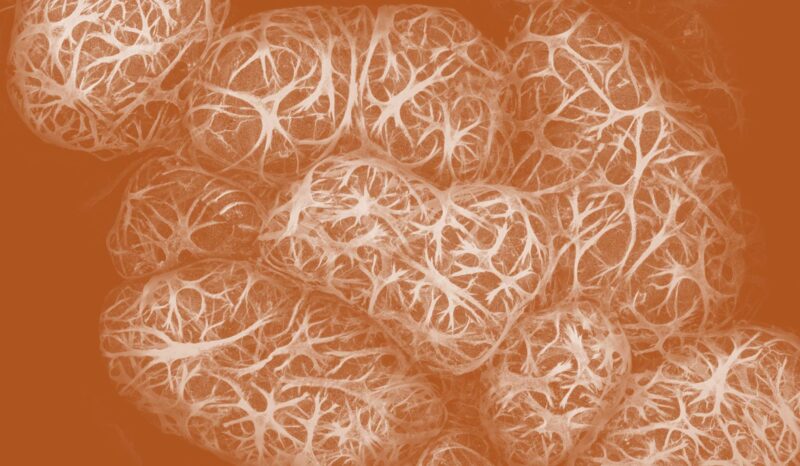WEHI Wednesday Seminar hosted by Professor Andrew Roberts
Dr Yin Yuan
PhD Student – Roberts & Wei Laboratories, Blood Cells and Blood Cancer division, WEHI
(this is a PhD Completion seminar)
STING agonists in acute myeloid leukaemia


